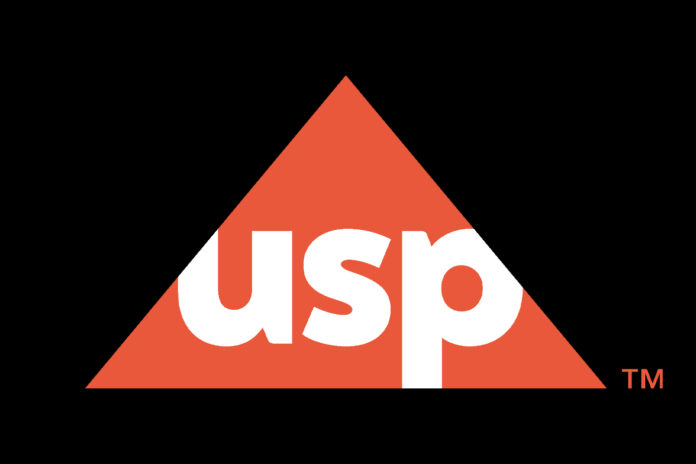- Clinical research into the investigation of minor cannabinoids, such as delta-8 THC.
- That products labeled as delta-8 THC should be tested for synthetic impurities and the levels of impurities should be controlled until they have been demonstrated as safe.
- The need for systematic clinical investigations supported by quality research materials and methods.
- Recognition of emerging concerns from novel substances. The use of minor cannabinoids and their compounds should be subjected to systematic preclinical and clinical investigations.
USP Identifies Public Health Issues Associated with Delta-8 THC Products & Offers Recommendations
WASHINGTON – The United States Pharmacopeia (USP) has drafted a commentary, It’s time to hold cannabinoid products to the highest standard: USP Cannabis Panel statement on Delta8-THC, to provide recommendations for addressing the potential health risks that delta-8 tetrahydrocannabinol (THC)-containing products pose to the public. In tandem, ASTM International also drafted a technical paper, Delta-8 Tetrahydrocannabinol and the Need to Develop Standards to Protect Safety of Consumers, outlining possible concerns associated with the cannabinoid. The two standards development organizations focused on the science and urge manufacturers and laboratories to do more research into the minor cannabinoids in order to help ensure public safety.
“The fact of the matter is that little is known about the products labeled as containing delta-8, so much so that the FDA and CDC have both released advisories about the products. Depending on how the products are produced, unknown impurities may be introduced, including minor and synthetic cannabinoid compounds that are not naturally occurring in cannabis,” explains Dr. Ikhlas Khan, Chairman of USP’s Expert Panel on cannabis.
“Products containing delta-8 can be found in gas stations, convenience stores, and are readily available over the internet without any warnings or safeguards, providing consumers with a false sense of security that these products are safe for consumption,” notes David Vaillencourt, CEO of The GMP Collective and ASTM International member. “With many other synthetically derived cannabinoids continuing to emerge in the marketplace, quality-based approaches should be used to address this issue.”
USP’s commentary, It’s time to hold cannabinoid products to the highest standard: USP Cannabis Panel statement on Delta8-THC, looks at a number of issues surrounding the controversies of delta-8 THC and recommends:
Advertisement


